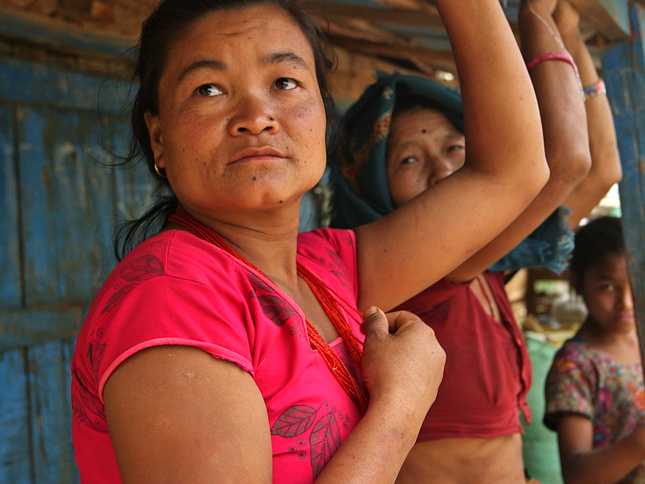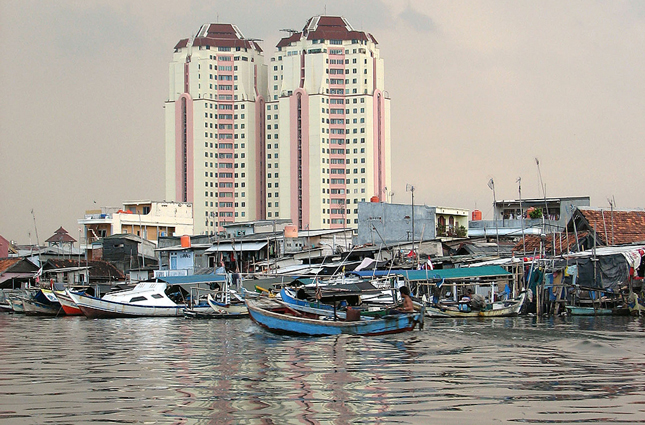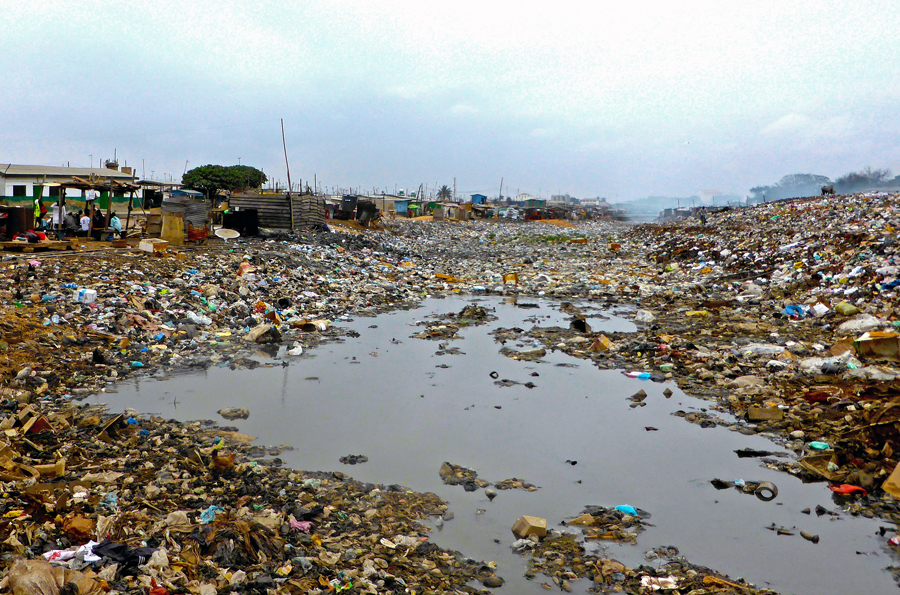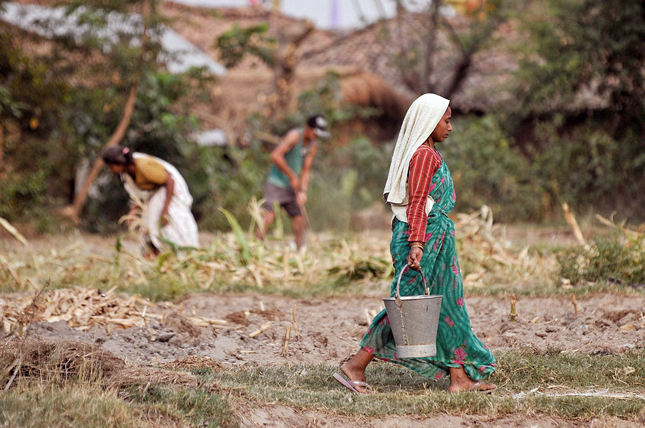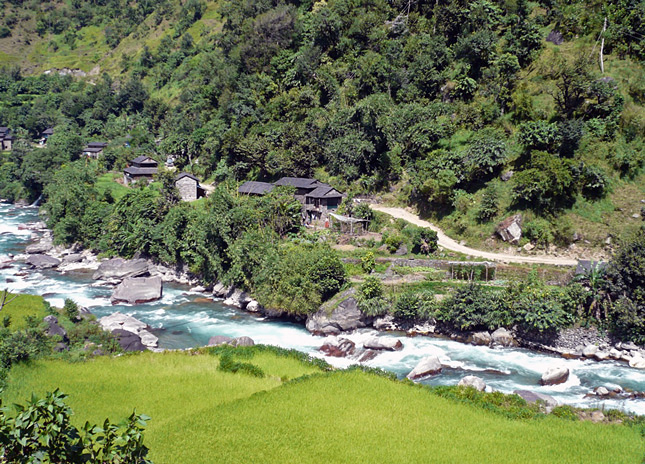-
Family Planning and Environmental Sustainability Assessment Aims to Shed Light on Pop-Environment Link
›
As global environmental change accelerates, understanding how population dynamics affect the environment is more important than ever. It seems obvious that human-caused climate change has at least something to do with the quadrupling of world population over the last 100 years.
-
Don’t Forget About Governance: The Risk of Tunnel Vision in Chasing Resilience for Asia’s Cities
›
Asia is going through an unprecedented wave of urbanization. Secondary and tertiary cities are seeing the most rapid changes in land-use and ownership, social structures, and values as peri-urban and agricultural land become part of metropolitan cityscapes. All the while, climate change is making many of these fast-growing cities more vulnerable to disasters.
-
From the PHE Conference in Addis Ababa, a Progress Report on Integrated Development
›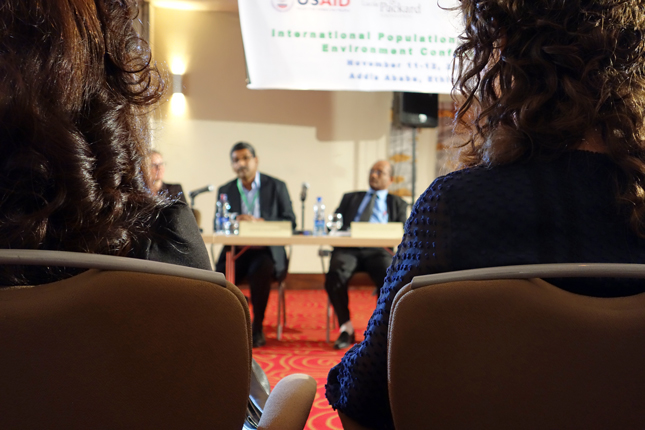
My grandmother was pleased when I told her I was heading to Ethiopia last November for an international conference focused on population, health, and the environment.
-
Climate Change and Conflict in West African Cities: Early Warning Signs in Lagos and Accra
›Despite the threat posed by flooding and sea-level rise, relatively little attention has been paid to the potential for environmentally induced instability in coastal West African cities. However, current trends, including rapid population growth, land use patterns, and increasing climate impacts, suggest the costs of inaction in these urban areas are rising.
-
The New World of Climate Suffering
›
To date, there have been two proposed responses to climate change: mitigation, aimed at stopping the buildup of greenhouse gases, and adaptation, focused on accommodating ourselves to a warmer world. There is a third option, however, that is increasingly relevant: suffering.
-
China’s Coal-to-Gas Plants Trade Urban Air Quality for Higher Carbon Emissions
›Last September, facing a growing public outcry to ease smog, China’s State Council called for the accelerated development of a new energy industry that turns coal into methane gas. Piped to Beijing and other cities, this gas could help cut down on smog by replacing dirtier fuels now used to cook meals, heat homes, and produce electricity. But embracing it involves a major environmental trade-off in overall carbon emissions.
-
Nepal’s Micro-Hydropower Projects Have Surprising Effect on Peace Process
›
The Intergovernmental Panel on Climate Change’s fifth assessment, which has been rolling out in stages since last September, confirms a crucial divide in current climate thinking: efforts to adapt and mitigate to climate change are often considered separately from the vulnerability of people.
-
Time to Get Creative: Cold War Lessons for Climate Negotiators
›
You might wonder what the Cold War has to do with climate change, but as I listened last month to historian James Graham Wilson talk about the “triumph of improvisation” that ended the nearly 50-year stare-down between the United States and the U.S.S.R., I was struck by the parallels. The idea of individual leaders escaping the momentum of conventional approaches and adapting on the fly to solve a major global issue deeply resonated with me. It’s exactly what international climate change negotiations desperately need.
Showing posts from category Guest Contributor.


